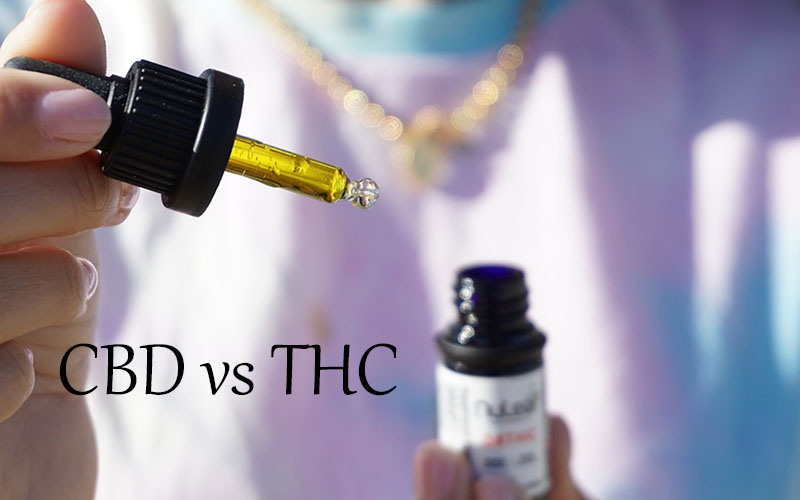CBD and THC are both cannabinoids present in cannabis, however they have quite distinct effects on the human body.
What is CBD?
Hemp and cannabis both provide viable sources for CBD oil. Cannabis sativa is the plant that produces both hemp and marijuana. The maximum allowable level of THC in legally grown hemp is 0.3%. Gels, gummies, oils, pills, extracts, and more are all available to purchase as CBD products. CBD does not cause the intoxication felt from cannabis use.
What is THC?
The major psychoactive ingredient responsible for the high experienced from cannabis is tetrahydrocannabinol (THC). Cannabis is smoked to get high. You may get it in a variety of ingestible and non-ingestible forms, including oils, foods, tinctures, pills, and more.
Difference between CBD & THC
Increasing public interest in hemp and other cannabis products reflects the expanding market for these items. Natural chemicals such as cannabidiol (CBD) and tetrahydrocannabinol (THC) are included here. Though they share an interaction with the endocannabinoid system, the actions of these two substances couldn’t be more different. Keep reading to find out more about these chemical elements. Although they have a number of similarities, there are also important distinctions that influence how they are used.
1. Chemical Structure
The chemical structure of both CBD and THC consists of the same 21 carbon, 30 hydrogen, and 2 oxygen atoms. Differences in impact on your body may be attributed to variations in atomic arrangement. CBD and THC have chemical similarities with endogenous cannabinoids found in the human body. To do so, they must bind to the cannabinoid receptors in your body. There is an effect on neurotransmitter release due to the contact. Neurotransmitters are molecules that convey signals between cells; they are involved in a wide variety of physiologic processes, including but not limited to pain, immunological function, stress, and sleep.
2. Psychoactive Substances
Despite sharing a molecular structure with THC, CBD does not have the same intoxicating effects. However, the psychoactivity of CBD is different from that of THC. The intoxication normally associated with THC is not produced.
THC connects with CB1 receptors, which are found throughout the brain. The result is exhilaration or a high. There is evidence to suggest that inhaling THC rather than ingesting it results in a stronger high.
When it comes to binding to CB1 receptors, CBD is quite weak. CBD requires THC in order to connect to the CB1 receptor, and as a result, it may mitigate some of the negative psychoactive effects of THC, such the high or the feeling of lethargy.
3. Medical Benefits
Medical advantages CBD and THC both provide are quite similar. It’s possible to get treatment from a number of the same ailments using them. However, unlike THC, CBD does not produce intoxicating effects. The absence of this effect makes CBD a potentially more appealing option for certain users.
Post time: Dec-14-2022






